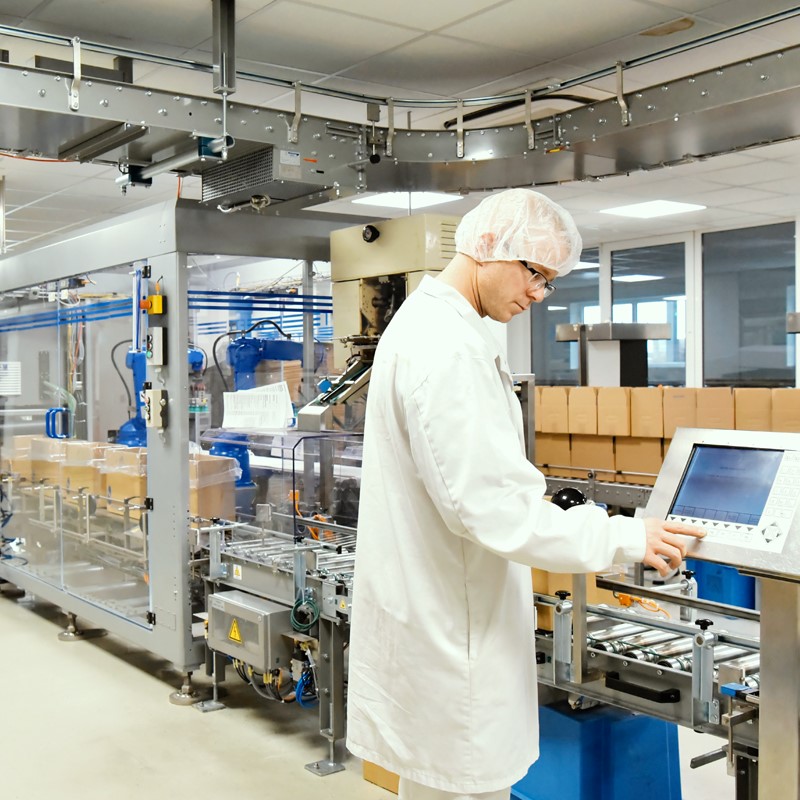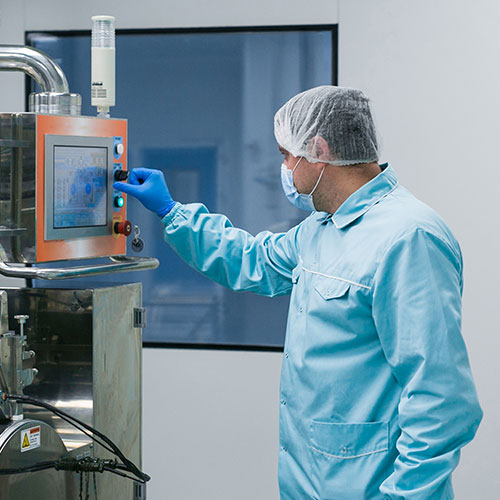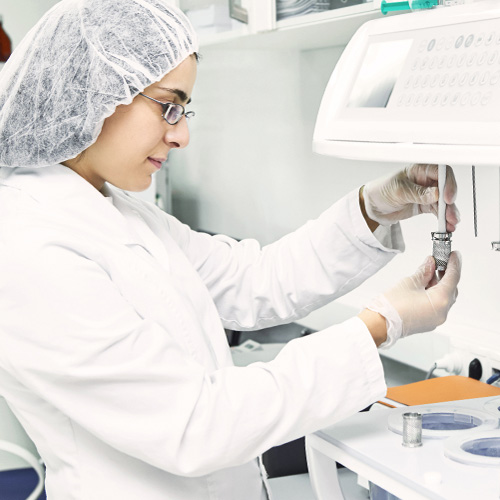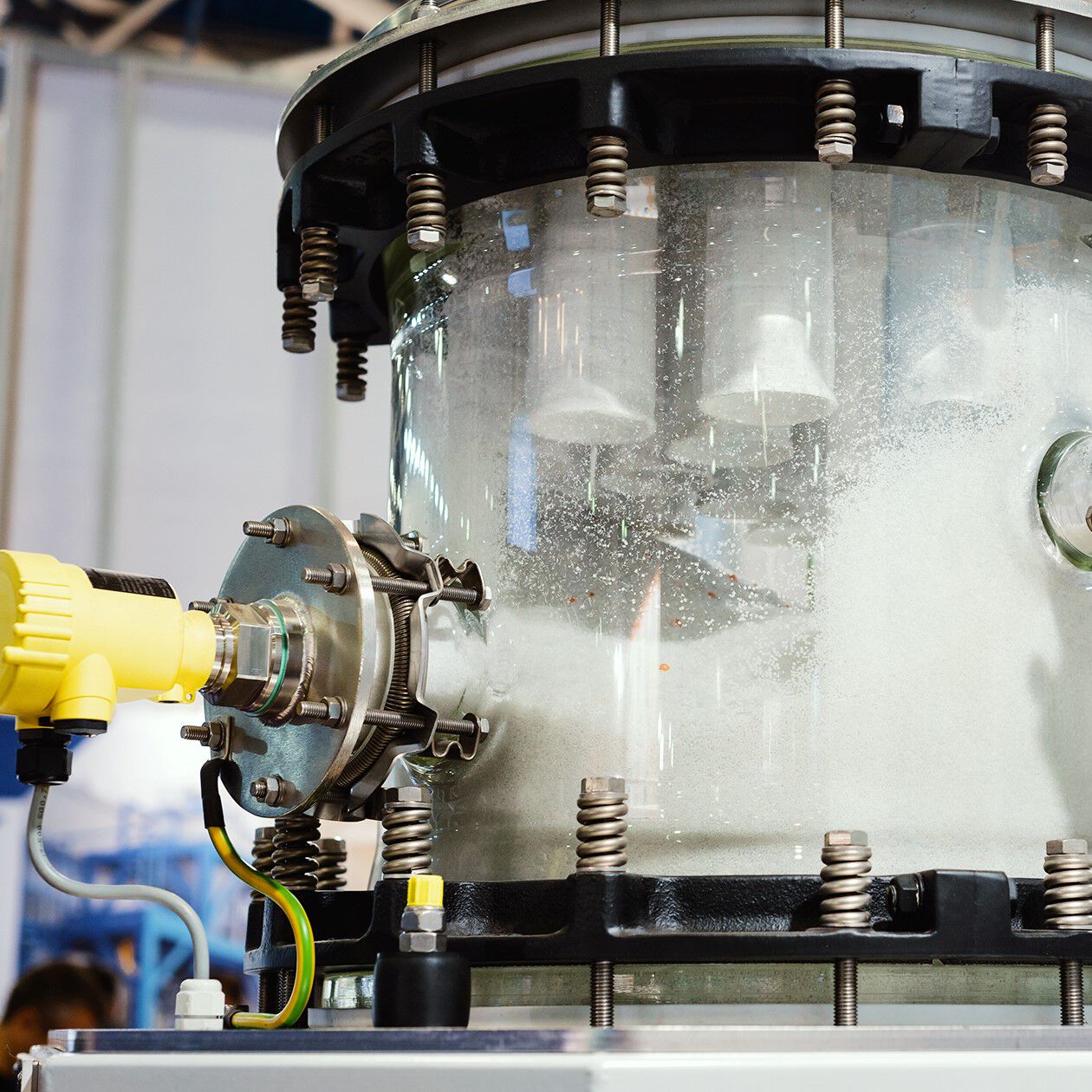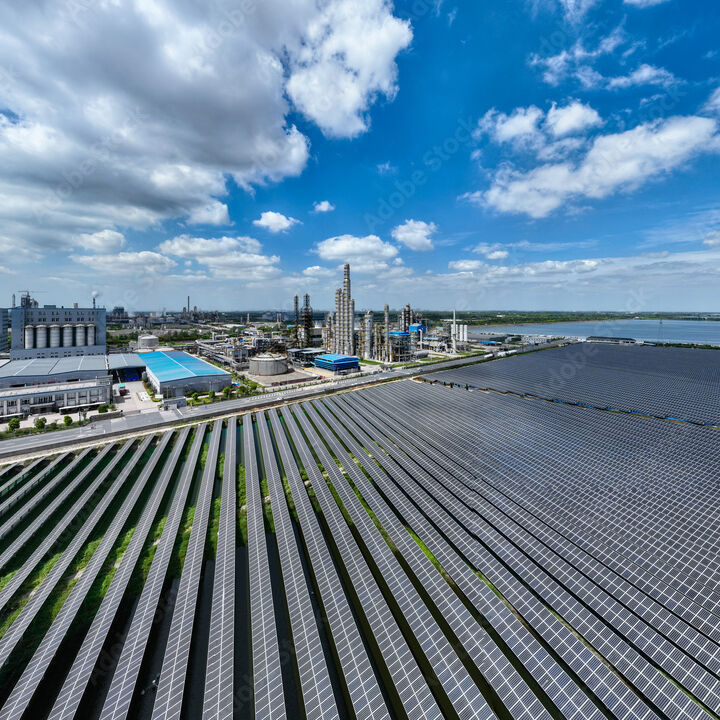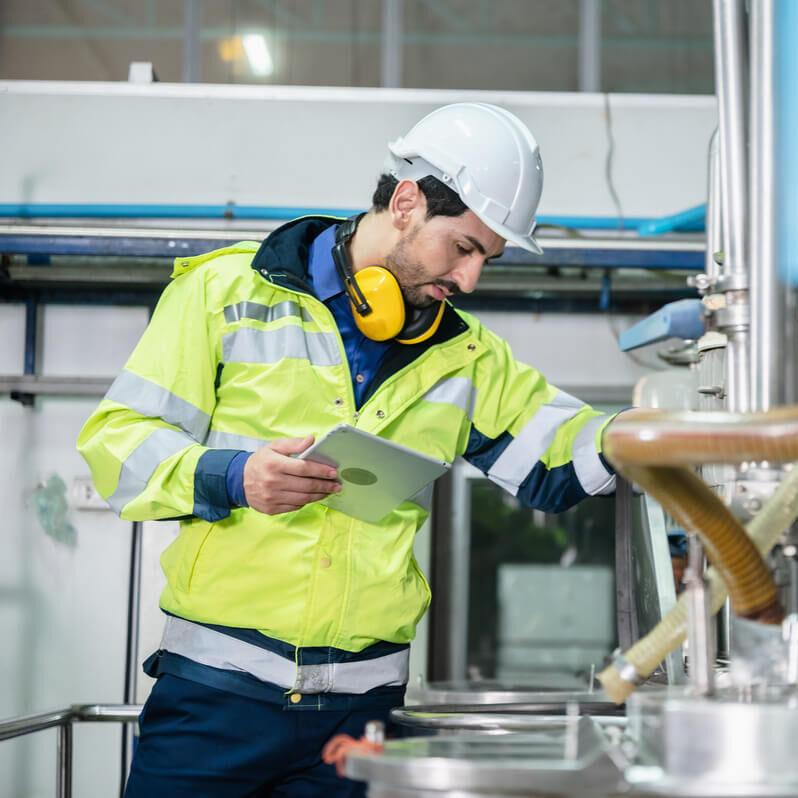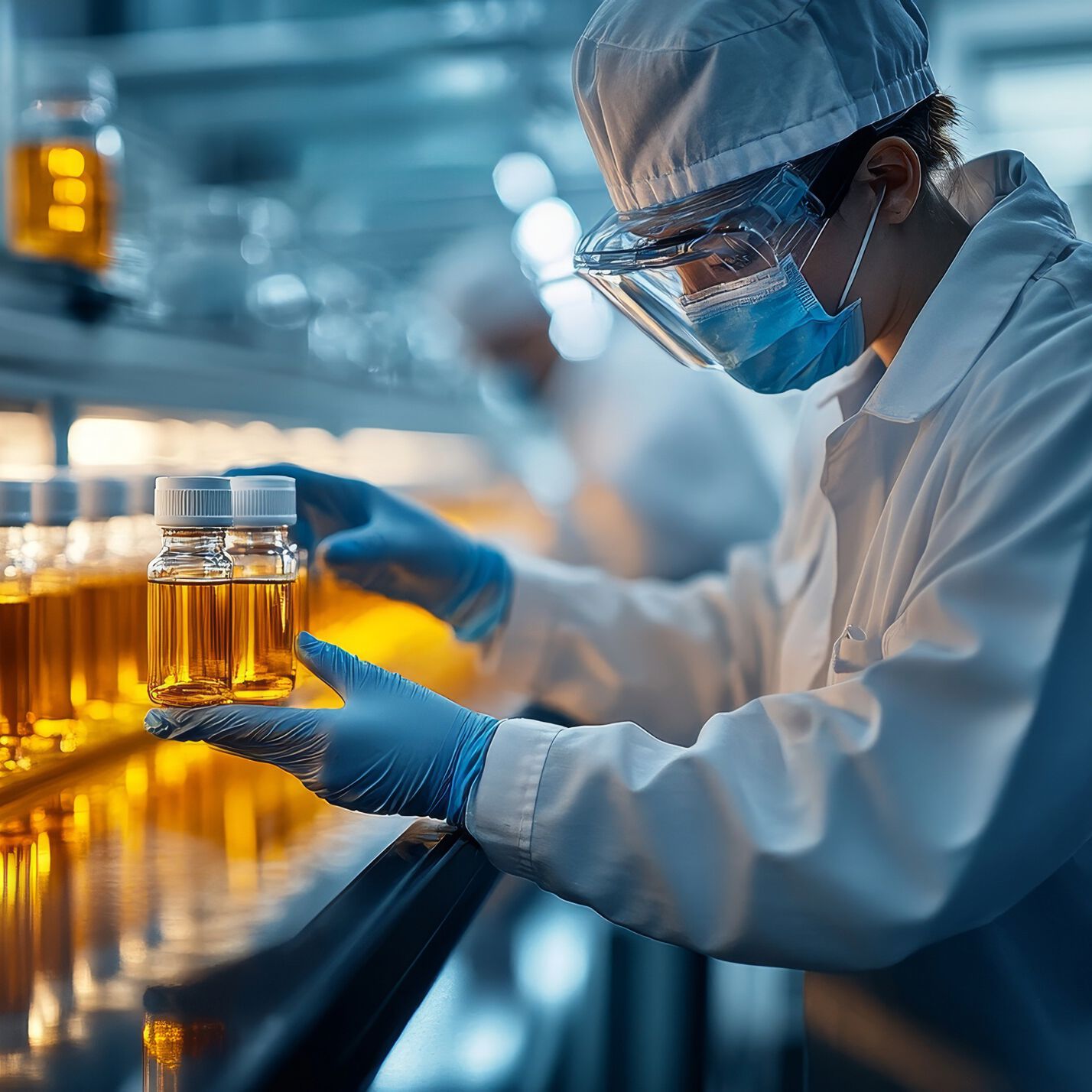Product excellence in the chemical industry
The chemical industry overlooks billions in potential sales where innovation meets production. While 60 to 80% of chemical innovations succeed in early laboratory phases, fewer than 20% reach commercial exploitation. This “scale-up valley of death” stems from unbridgeable gaps between laboratory chemistry and plant operations. Common issues include capacity mismatches and margin erosion during commercialization. Regulatory requirements—covering products, production processes, and associated risks—must also be considered early to avoid delays in development and market entry.
Given the complexity of innovation processes in the chemical sector, a robust idea-to-value framework is essential to bridge R&D and full-scale operations. From funding high-potential projects to conducting lean pilot runs and standardized scale-up workshops, every step must be designed to avoid typical scaling pitfalls, tightly manage costs, and reduce payback periods. This is the only way to reliably transfer laboratory expertise into scalable, value-generating production processes.
Turning chemical innovations into commercial success
By optimizing CapEx, EFESO supports chemical manufacturers in prioritizing high-impact investments to ensure every euro yields measurable returns. Our New Product Development (NPD) framework incorporates plant realities from day one, linking lab formulations to real-world operational constraints. We also integrate digital tools that reduce time-to-market, minimize costly iterations, and enhance production risk forecasting.
Effective Resource Management in Chemical Companies
We balance resources between incremental improvements and disruptive innovations through structured portfolio management, preventing R&D teams from becoming overwhelmed by fragmented initiatives. Lean and Agile principles are embedded throughout the NPD process—accelerating pilot validation, reducing waste during scale-up, and enabling cross-functional sprints that align engineers and plant operators to tight timelines.
An integrated ecosystem of start-ups, universities, and technology partners brings additional momentum and rapid access to emerging technologies and research. Finally, our Product Lifecycle Management (PLM) systems serve as a single source of truth for formulations, equipment specs, and regulatory documentation—ensuring transparency, speed to market, and compliance. Collectively, these solutions turn laboratory success into tangible profit at plant level.
CLIENTS
CONTACT
Further services for the chemical industry





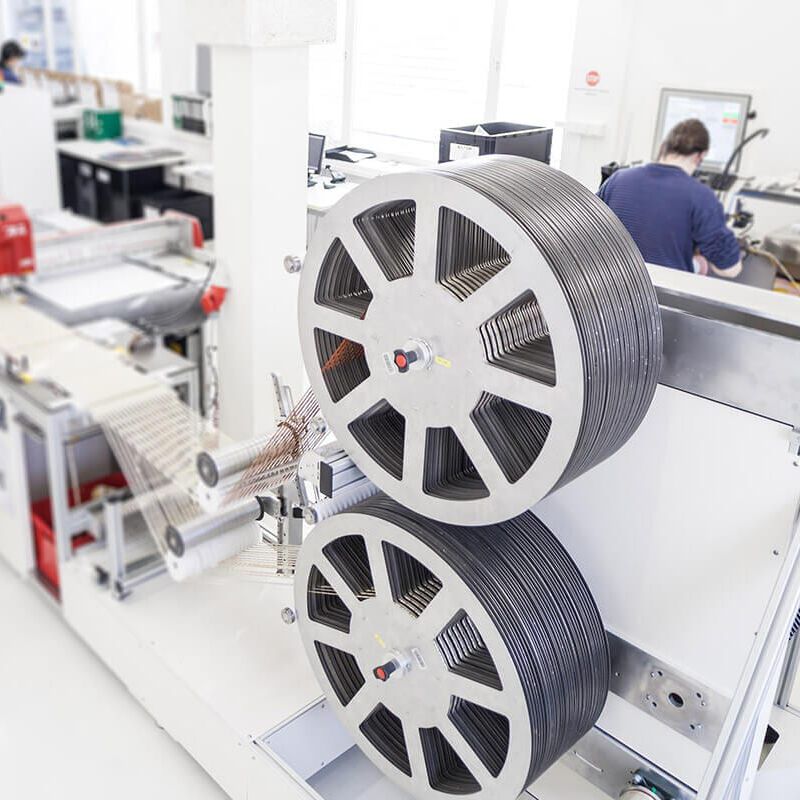
![[Translate to English:] ROI Case Studie - Digital Twin](/fileadmin/_processed_/6/1/csm_roi-casestudy-digital-twin_3c8c268a58.jpg)

![[Translate to English:] Warehouse 4.0, Intralogistik 4.0, Logistik](/fileadmin/user_upload/intralogistik-2030-roi-beratung.jpg)
